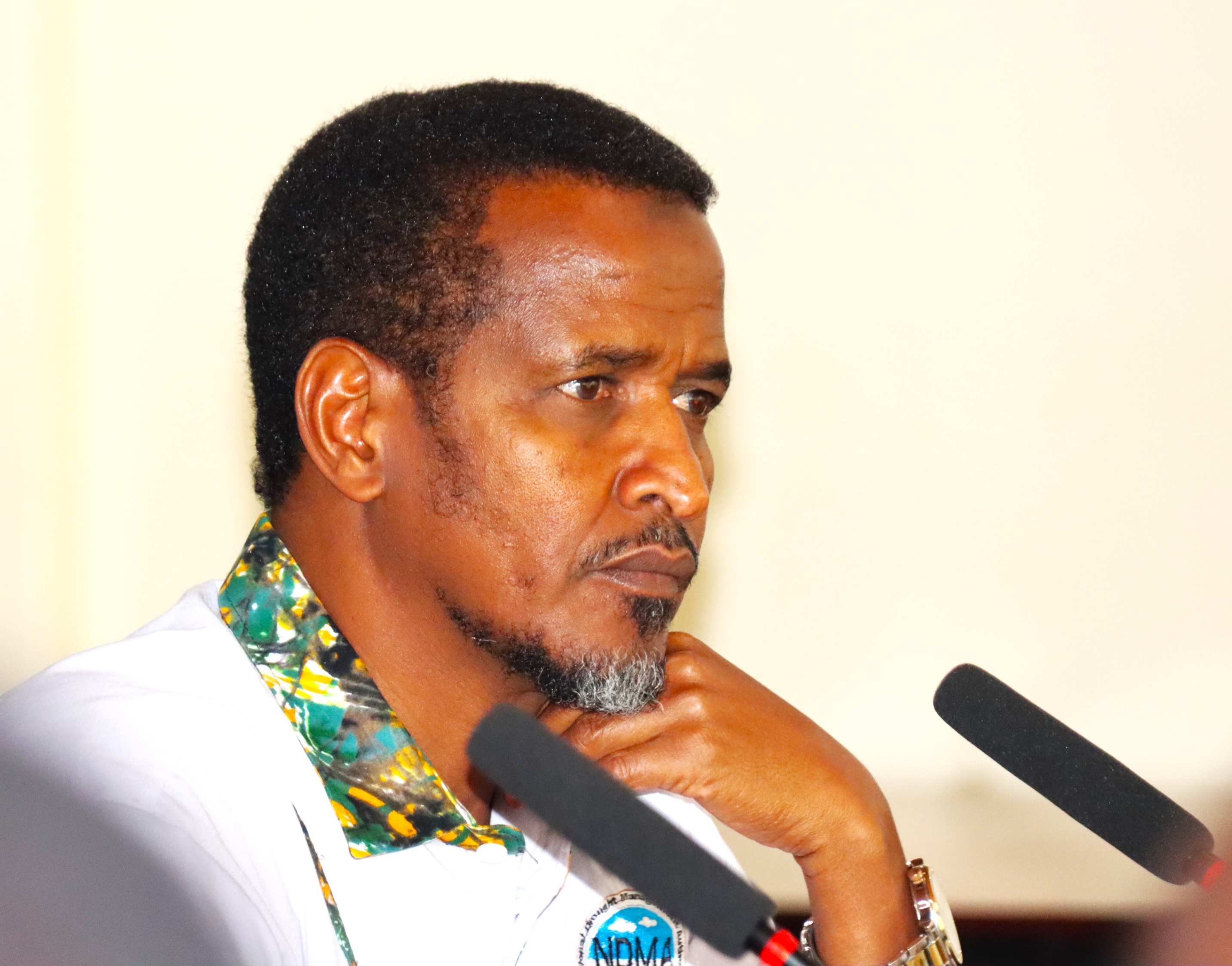Kenya disburses Sh294m to drought-hit households in arid north

NDMA CEO Lt. Col. (Rtd) Hared Adan urged households with payment delays to update details at nearby banks to access stipends.
The government of Kenya has disbursed nearly Sh294.5 million to vulnerable households across eight arid counties as part of its ongoing efforts to cushion families from the effects of drought and food insecurity.
According to the National Drought Management Authority (NDMA), a total of 109,072 households will benefit from the cash transfers under the Hunger Safety Net Programme (HSNP), which provides monthly stipends to households in drought-prone regions.
Each household is set to receive Sh2,700, money that officials say is intended to help families buy food, access basic services, and cope with prolonged climate shocks.
The funds will be deposited into accounts at Kenya Commercial Bank and Equity Bank, where beneficiaries can withdraw the money from Wednesday, September 3.
NDMA Chief Executive Officer Lt. Col. (Rtd) Hared Adan urged registered households facing payment delays and other challenges to visit nearby bank branches and update their details to access the stipends.
The breakdown of the allocation shows Wajir County received the single largest share, with Sh51.7 million transferred to 19,162 households.
Mandera County followed closely with Sh59.6 million for 22,102 households, while Marsabit received Sh55 million, reaching 20,388 households.
Other counties covered include Garissa, Isiolo, Samburu, Tana River and parts of Turkana.
The HSNP is a flagship programme under the government’s broader Inua Jamii social protection framework and is supported through the Kenya Social and Economic Inclusion Project (KSEIP).
Abdullahi Bashir, a humanitarian worker said the initiative is central to building resilience among pastoralist and agro-pastoralist communities.
Abdullahi said those communities have been the hardest hit by cycles of drought, displacement, and livestock losses.
“For many families in northern Kenya, the stipend is one of the few lifelines available as the region continues to face erratic rainfall and limited pasture,” he said.
Humanitarian actors have often warned that without sustained support, households risk sliding deeper into poverty and hunger.
He said the disbursement comes at a time when arid counties are still reeling from the aftershocks of the last drought season, which decimated livestock herds and disrupted livelihoods.
“We hope that by keeping the cash transfers regular, families can better plan for essentials while the government and partners work on long-term solutions such as water infrastructure, livelihood diversification, and climate adaptation,” said Abdullahi.
